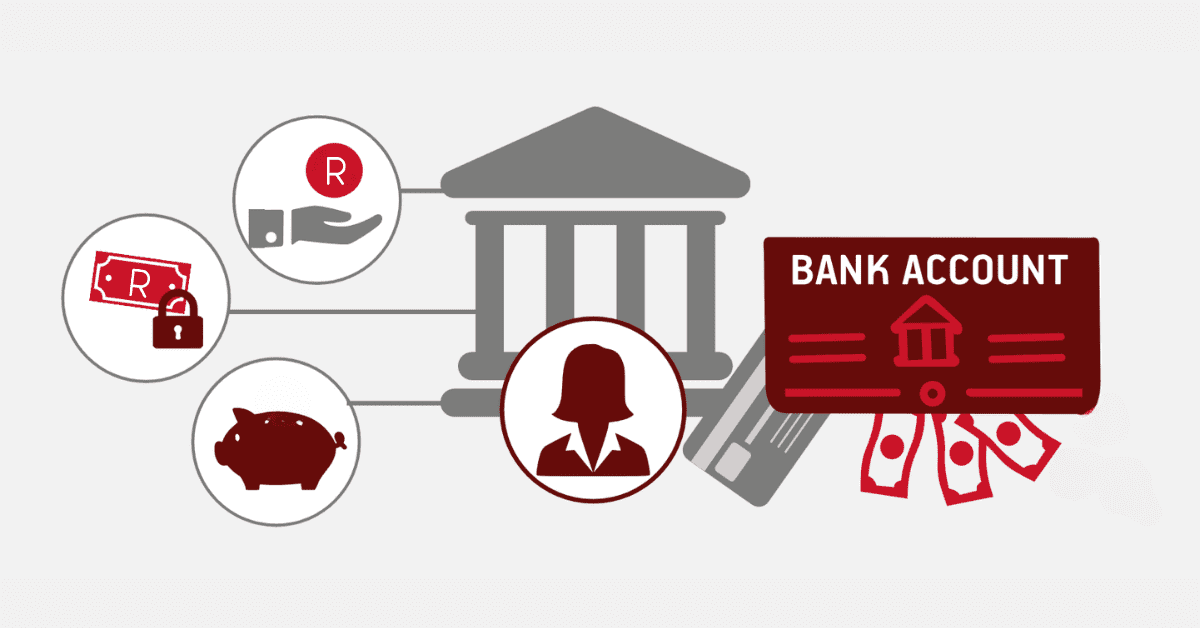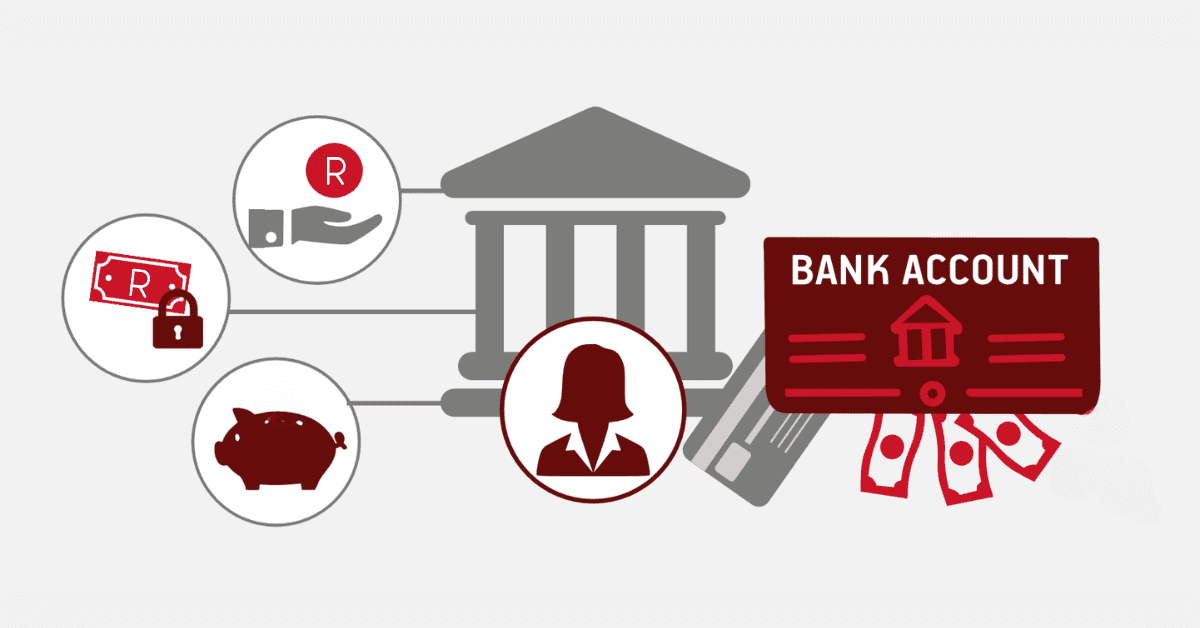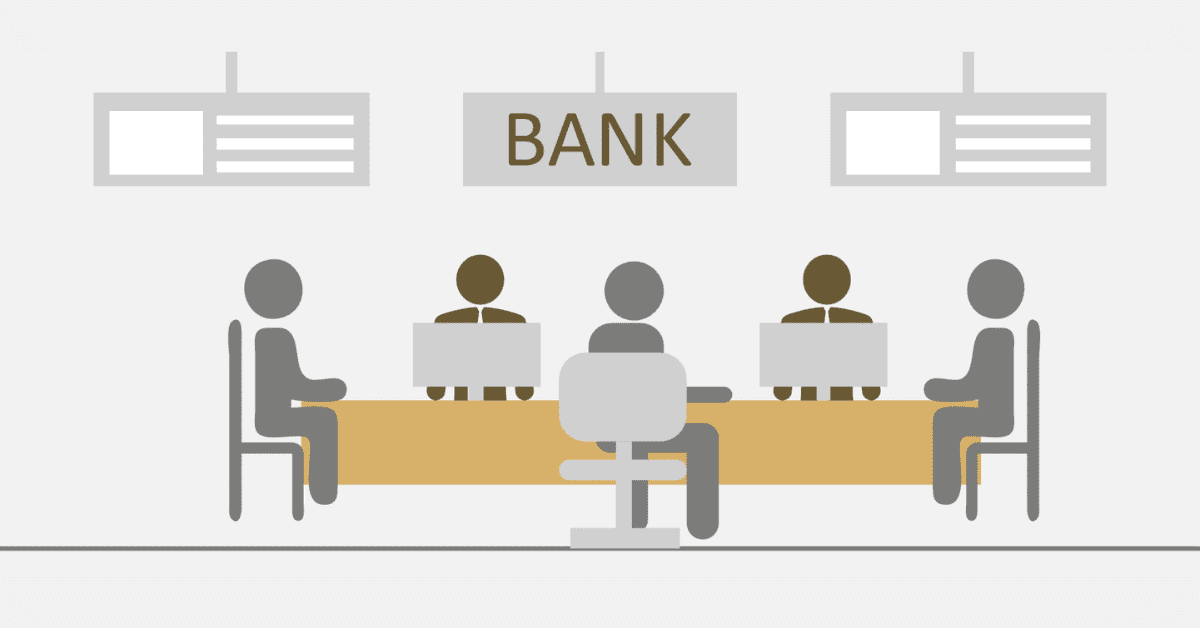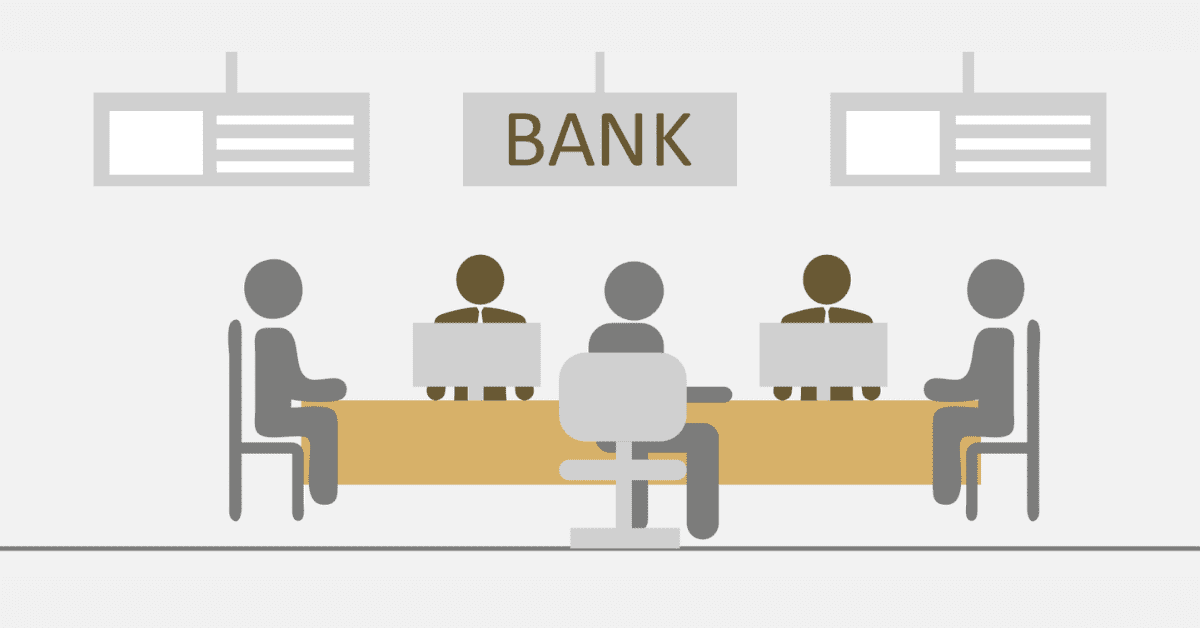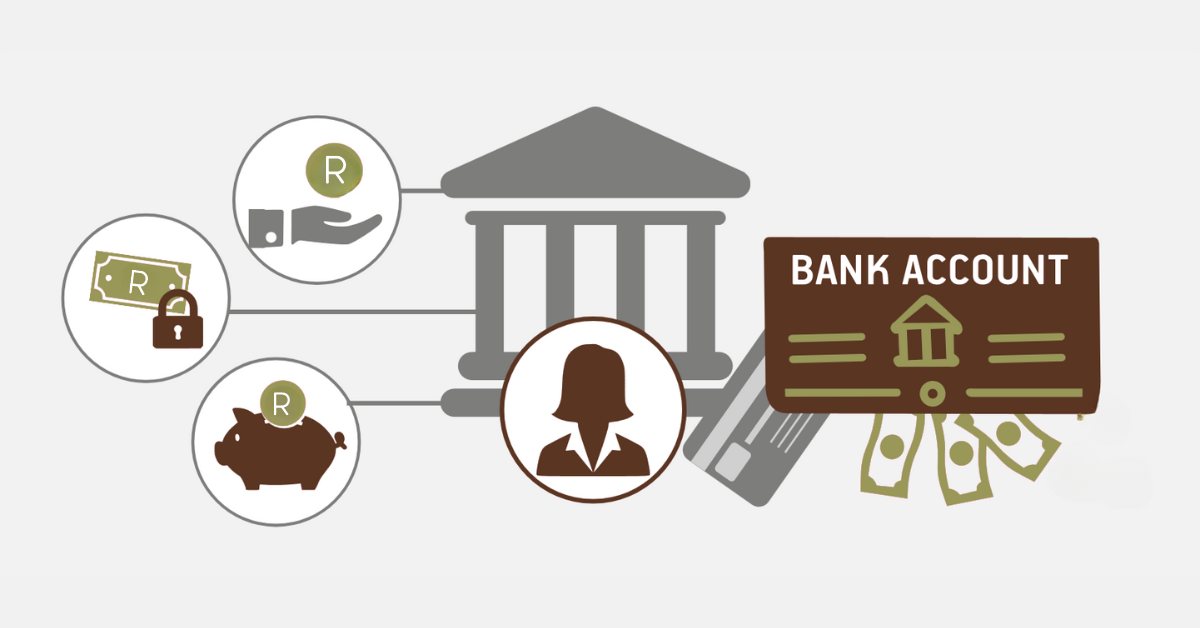Savings are essential to maintaining good financial health. Savings give people security and freedom when times get tough. More than ever, it is crucial to save in SA against the backdrop of economic volatility and an increasing cost of living. Generally, a robust savings strategy is required. It can help manage unexpected expenses, achieve long-term goals, and alleviate monetary stress. Whether it be crises, education, or retirement, knowing precisely what to save for and why gives individuals a feeling of information that might help them realize control over their finances and future.
What Should You Be Saving For?
Pay Off Debt
Paying off one’s debt should be at the top of one’s list if such a person wants to achieve financial stability. In South Africa, this high-interest debt, including credit card balances and personal loans, can accumulate quickly enough to overwhelm the backing. Paying off your debt first reduces the interest you’ll pay over time, allowing more money to bank and invest toward other goals.
Either speed up the debt reduction process using the debt snowball method, such as paying smaller debts first, or focus on high-interest debt—the so-called avalanche method. Not only will these strategies increase your credit score, but they’ll also decrease financial stress and allow more income to be saved later.
Emergencies
An emergency cash is money set aside to cater to sudden financial adversities. These include a medical emergency, car breakdown, or job loss. In SA, experts advise that one should save enough to sustain him for at least three to six months. This fund acts so that in times of crisis, one does not have to go into debt and run down other savings.
Start by setting aside a small amount each month and build up your emergency fund. Consider keeping these savings in a separate, easily accessible account to ensure the money will be available if and when needed. Having carved out this emergency fund relieves stress and makes one more resistant to financial crises. An emergency fund helps manage unexpected expenses and keeps one’s long-term economic strategy on course.
Retirement
Retirement is a long-term objective that requires diligent planning and involves continuous contribution. Considering that social security benefits might be small in South Africa to finance retirement, it becomes imperative to start saving early enough. These are funds obtained from a pension plan, provident fund, or some retirement annuity for a relaxed and financially secure retirement.
Save at least 15% of your annual income in retirement accounts—more or less depending on your situation and retirement goals. Also, take advantage of employer-matching contributions available along with the employment one is engaged in, for it will pay significantly to maximize one’s retirement savings over time. Planning for retirement will allow you to continue to live similarly and avoid extreme financial stress in old age.
Purchase of a Car
While for most South Africans, the car remains more of a necessity for work and daily life than a luxury; there is always a process of putting aside savings – the pre-determination of a budget, looking at all financing alternatives available to one, and calculating excesses such as insurance, maintenance, and fuel.
You can decrease the amount you need to finance by saving some toward your down payment; this may also improve your loan terms with lower monthly payments. Moreover, strive to buy a low-cost and fuel-efficient car. Creating a specific fund for this will allow you to avoid excessive debt and scale enough money for the vehicle that meets your needs without affecting your financial balance.
Purchasing a House
Owning a home is undeniably one of the most prized accomplishments and common long-term goals in the lives of most SA people. Save for a house by setting aside the down payment. This is typically 10% to 20% of the purchase value of the construction. It also involves transfer fees, legal fees, and moving expenses. The higher your deposit is, the less your mortgage will be. This may qualify you for a better interest percentage with more affordable monthly settlements.
First, you have to determine the prices of houses in the area you want to buy from and then make a saving plan that suits your budget and time frame. It is an investment for the future; home ownership offers much-needed security and stability.
Maintenance Costs
Maintaining a home or car involves ongoing expenses that can add up over time. In South Africa, saving for routine servicing and other unexpected repairs is vital to avoiding financial stress. This applies not only to your home—it’s necessary to budget for routine maintenance such as painting and plumbing or electrical work and more considerable expenses like repairing the roof or replacing appliances—but also to vehicle maintenance, including the servicing, repair work, and replacement of parts like tires and brakes. Putting aside regular amounts into a maintenance fund would ensure that these vital assets are well maintained and not at risk of costly emergency repairs but extend their useful life.
Education
Investing in yourself or your children’s studies is one of the most valuable uses for your savings. Quality education can be expensive in SA, from primary school to tertiary level. Research the related education costs at that level and the type of education savings plan—education policy or a pure savings account—that can be arranged.
In this way, regular contributions to such a fund would help pay for tuition fees and other education-related expenses without student loans or other debt. Education is a very long-term investment, for it offers excellent returns in the future through good prospects and earning potential and helps to improve living standards.
Final Thoughts
Saving money is a critical aspect of financial planning that provides security and enables the achievement of both short-term and long-term goals. It brings distinctly defined targets for such crucial areas as debt repayment, emergencies, retirement, major purchases, maintenance, and education to ensure a solid financial foundation, which will help build a stable and prosperous future. The current economic conditions have become so unpredictable in South Africa that a clear saving strategy would be paramount in the quest to find a way through those financial challenges and secure your well-being. So, start saving with that strict confidence needed to take control over the future.
